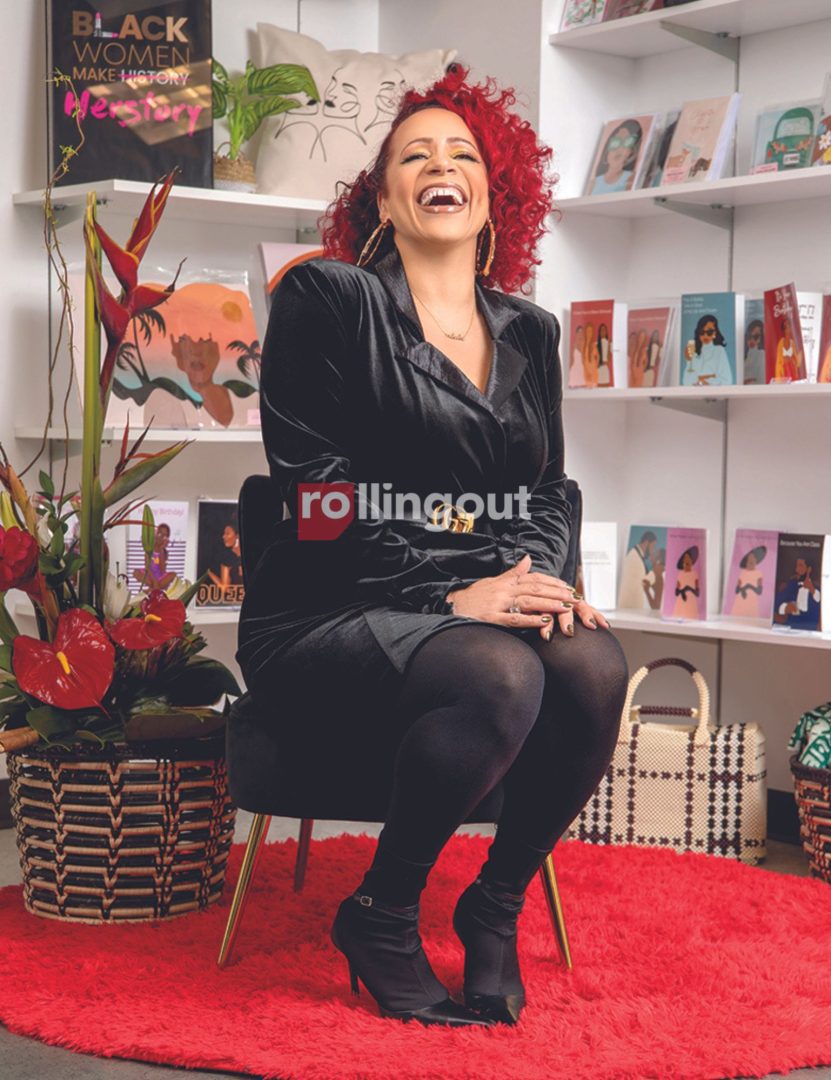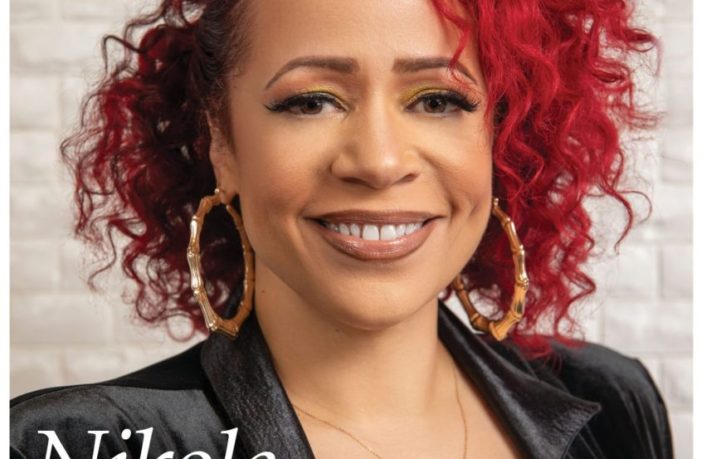“The 1619 Project” is possibly one of the boldest journalistic endeavors of the last 50 years. Investigative reporter Nikole Hannah-Jones deftly corrects American history to include the indisputable contributions of Blacks to the country’s economic landscape and expose the hypocrisy of America’s so-called patriotism. In 2019, Hannah-Jones wrote an essay for The New York Times Magazine with the intention of educating Americans about the arrival of the first enslaved Africans 400 years prior, in the English colony of Virginia in August of 1619. At the time, Hannah-Jones had no idea the piece would give rise to polarizing conversations across the country, earn her a coveted Pulitzer Prize and result in a partnership with Oprah Winfrey to produce one of the most highly anticipated docuseries on Hulu, “The 1619 Project.”
A reporter for The New York Times, Hannah-Jones grew up in Waterloo, Iowa, quite possibly the furthest point philosophically from the Civil Rights Movement as one could imagine.
“Yes there are Black people in Iowa, but yes, we all know each other and most of us are related,” she shares jokingly.
Ironically, Hannah-Jones credits her sensitivity to issues of racism and unfairness to growing up as a Black girl in predominately White spaces.
“One thing you learn growing up surrounded by White people is that they aren’t smarter than us, they come into a room with way more resources and advantages than us and that if we have the same things we can compete,” Hannah-Jones says.
The inequalities that she witnessed daily served as the catalyst for her passion to write in an effort to create change.
“I grew up in a social justice household. We talked about issues of race and racism and politics and poverty. Some of my earliest memories are reading the newspaper every day with my dad. If you wanted to find any stories about Black people in my local paper, you had to go to the crime log. Of course, the Black people I knew were not committing crimes, yet our stories were completely erased,” she shares.
Hannah-Jones’ bold approach to truth-telling can be traced back to the seeds to explore and examine planted by family and teachers. She identified writing as her career choice early on. Writing for her school newspaper led to internships in college, and later helped solidify her place as a prestigious journalist with one of the nation’s most respected newspapers.
“What we were being told through media didn’t make sense to me, so I started studying history. History calmed me because it explained everything I was seeing,” she says.
Years later it was that reverence for history that compelled her to pitch “The 1619 Project” to The New York Times. Hannah-Jones realized there was an urgent need for truth in American history, especially as it relates to the African American contribution.

“Who ‘The 1619 Project’ is to and who it’s for are not necessarily the same thing. It’s important that we as a people know the history and recognize our proper place in this society. We also must accept that there is nothing shameful about descending from slaves; that’s not our shame. The shame belongs to the people who enslaved our ancestors. During slavery, we were contributing more than just our brute labor; we weren’t just picking cotton, we were contributing intellectual capacities. We were creating art and music, working to democratize our country even during the system of slavery. I believe if we have a better understanding of what built our society, then we can pass policies to fix the harm that was done,” Hannah-Jones explains.
Shining a light on the contributions of enslaved Africans has also assisted in advancing the conversation regarding reparations to the forefront. A major theme for the docuseries is the case for reparations for descendants of enslaved Africans. Hannah-Jones uses history to provide receipts for an unpaid bill owed to the families of Africans brought to this country to labor and suffer for America’s economic gain.
Today, she is a celebrated thought leader, but Hannah-Jones refuses to compromise her authenticity in representing African American culture at the New York Times. Her flaming red hair, bamboo earrings and sneakers aren’t the uniform one expects from an award-winning journalist with a national platform, but it has become her signature look.
“When you walk into a room with hair this color, people know not to mess with you,” she laughs. “You don’t walk into a room with hair this color if you don’t have confidence. I love that it stands out. I want young Black women to know we don’t have to tone ourselves down or be anything other than [our]authentic selves.”
‘The 1619 Project’ is currently streaming on Hulu.
Executive Producer: Romeo International
Creative Director: Monique Eldridge
Photography by Jakeem Smith
Words by Christal Jordan
Videography: Michael Johnson
Makeup artist: Chrissy Cindy



